Due to violence, conflict, poverty, and insecurity, many people are forced to leave their countries and find themselves on the European migration route. Those who pass through Libya suffer inhumane treatment and numerous violations of their fundamental rights. Embarking on makeshift boats in the Mediterranean Sea, they risk their lives once again and face extreme situations.
Several NGOs have chartered boats to rescue vessels in distress in accordance with international maritime law. Once rescued by these rescue ships, the survivors are obsessed with one idea: informing their loved ones that they are alive.
To meet this vital need for psychological support, TSF has created a secure messaging solution that we would like to present in this article.
In this highly sensitive context, the solution meets strict security requirements in three ways:
- for survivors
- for their families
- and for rescue operations

A predefined message
For the safety of survivors, but also for rescue operations, it is inconceivable that the message could be written by each person on board the boat. In collaboration with our various NGO partners, a predefined message has been drafted for the family of a survivor. This message informs the family that their loved one has been rescued in the Mediterranean Sea by an NGO search and rescue boat. The only information that can be personalized is the first name of the survivor.
This message is available in nine languages commonly spoken among survivors.
Open-source building blocks to meet maritime constraints
On the high seas, internet connectivity may be unavailable for several hours. The TSF system includes a router using open-source firmware that allows customized scripts to be executed. These scripts retrieve encrypted information from the tablets and place it in a queue that is only emptied when communication with the TSF server is functional.
This feature allows the solution to work on boats of any size, regardless of the means of internet connection used.
Encryption: an essential protective measure
The personal information provided by survivors is encrypted as soon as it is validated on the boat. No one can access this data, not even the search and rescue NGO operating the boat. This measure protects survivors, their loved ones, and the SAR NGO. The data is transmitted (still encrypted) to the TSF network, which then sends the message in the form of a text message to the recipient's number.

Reassuring survivors and their loved ones
On some partner boats, the status of the message (whether or not it has been received by the recipient) is relayed to survivors using an anonymized identifier. This information reassures survivors whose message has been received and allows another message to be sent if the first one did not go through.
For families, receiving news of a loved one who has been through such a dangerous and difficult situation is a huge relief, as some families sometimes tell us:
"I have received a message. As my brother is safe, it feels really great. We have been waiting for this information, but we don't know the specific place where he was rescued, and we can't contact him. "
In the midst of weeks or months spent without news, TSF's message gives survivors the opportunity to reassure their loved ones and allows everyone to move from anxiety to a new perspective on life.
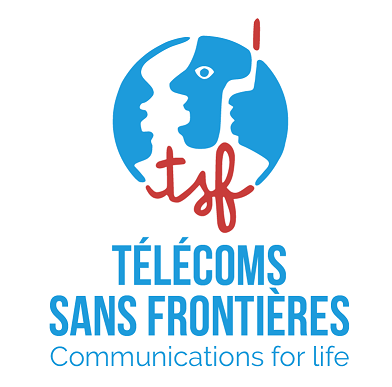


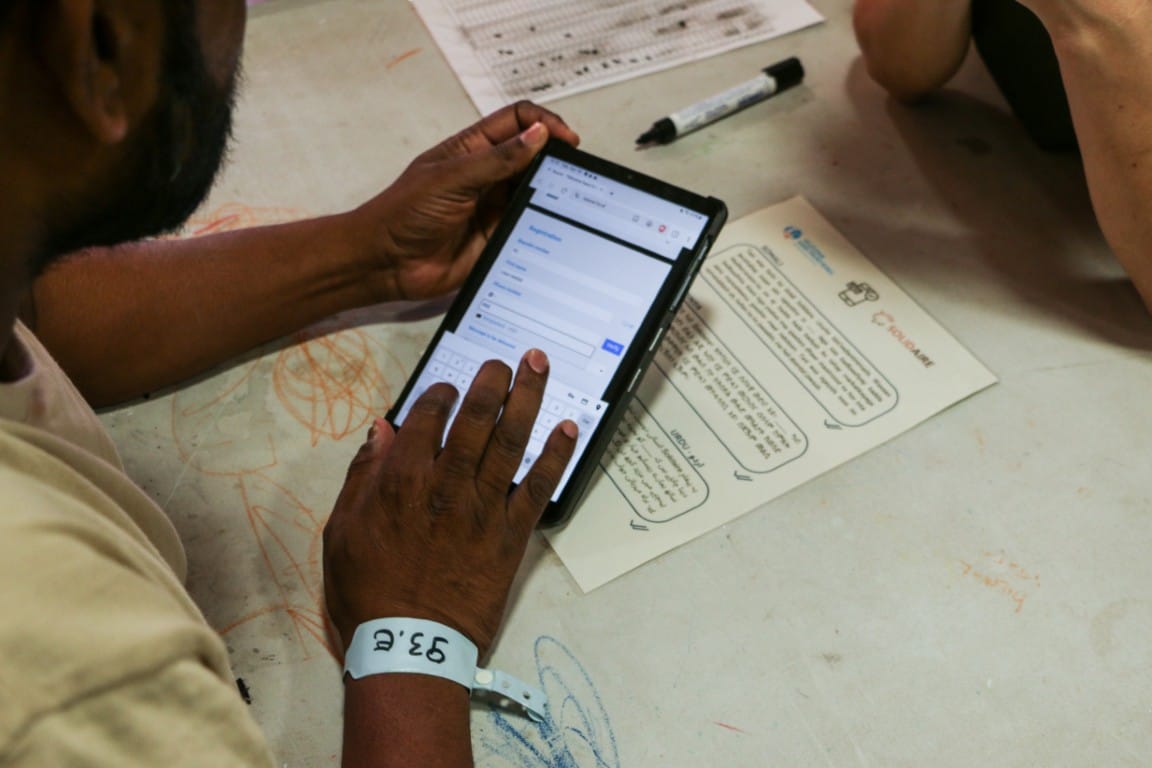



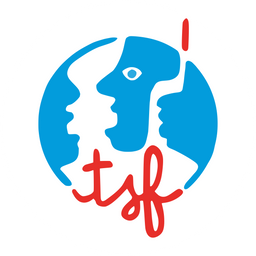

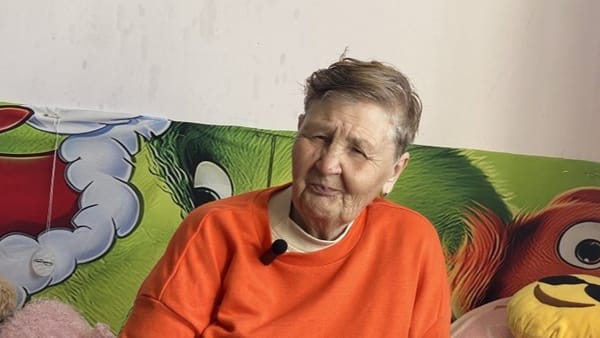
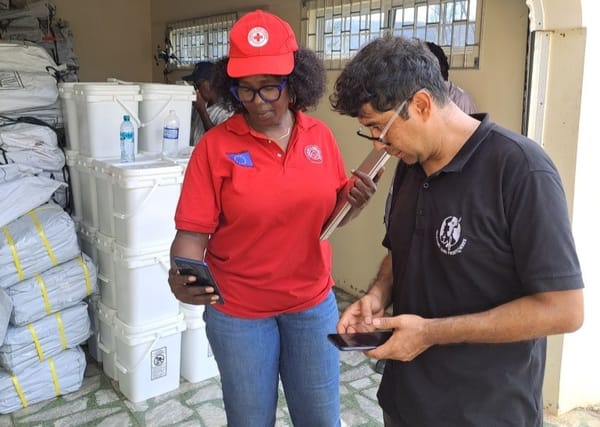
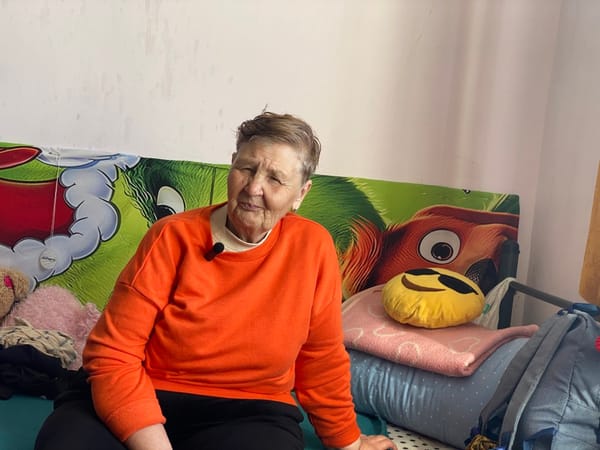
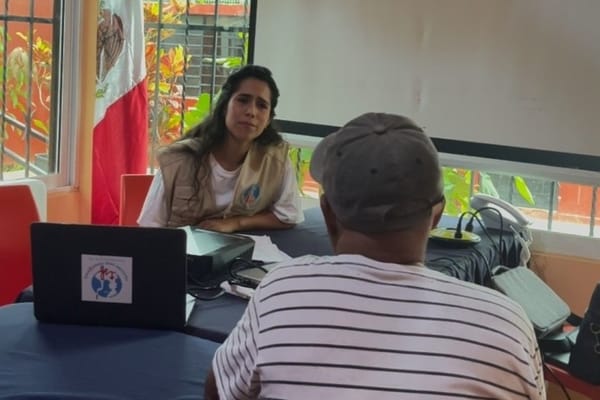
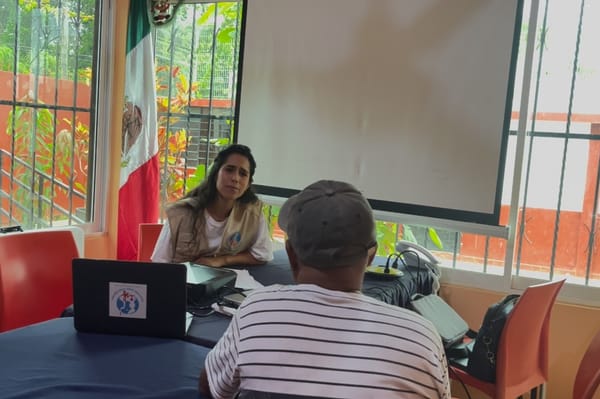
Member discussion